
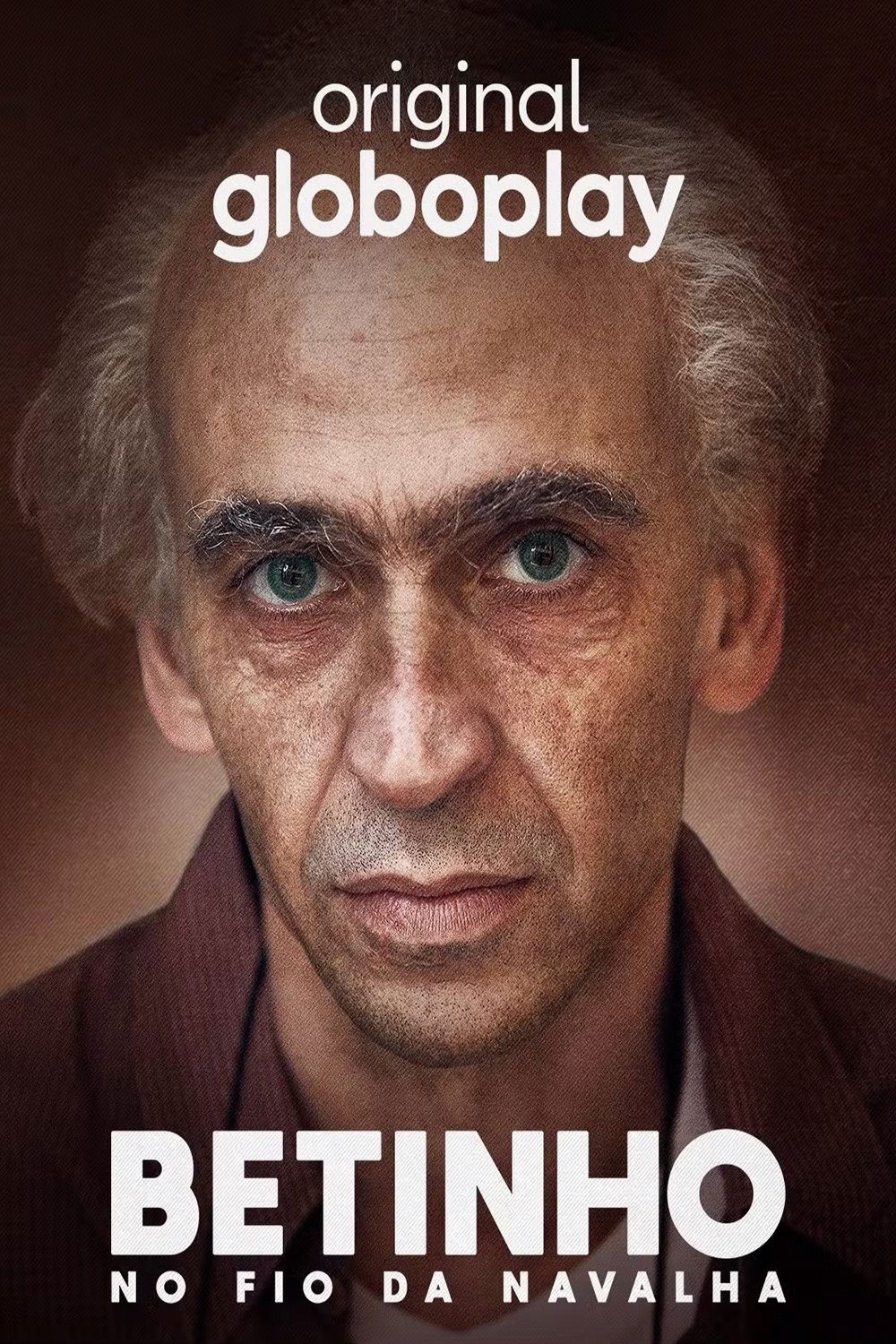
After eight years of a political exile imposed by the Brazilian military dictatorship, sociologist Herbert de Souza returns to his homeland. Alongside democracy activists, he faces the arrival of AIDS and puts the devastating impact of hunger under the spotlight. Overcoming his fragile health and personal tragedy, he creates the largest social awareness campaign in Brazilian history.
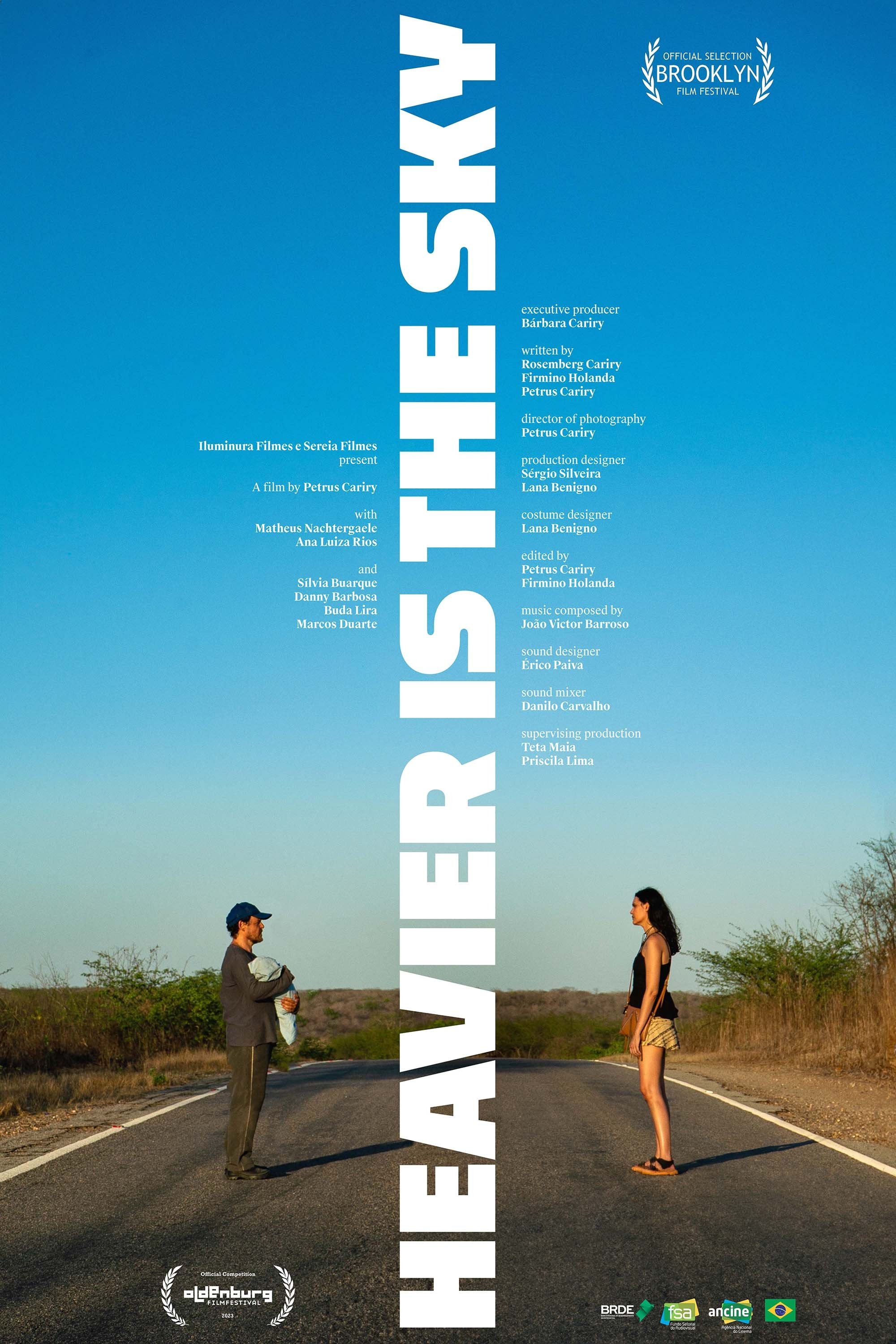
After taking in an abandoned child, Teresa meets Antônio and the two begin a journey on the roads. The common past, for them, is the memories of a city submerged at the bottom of a dam. Life is a dream, but the future is uncertainty.
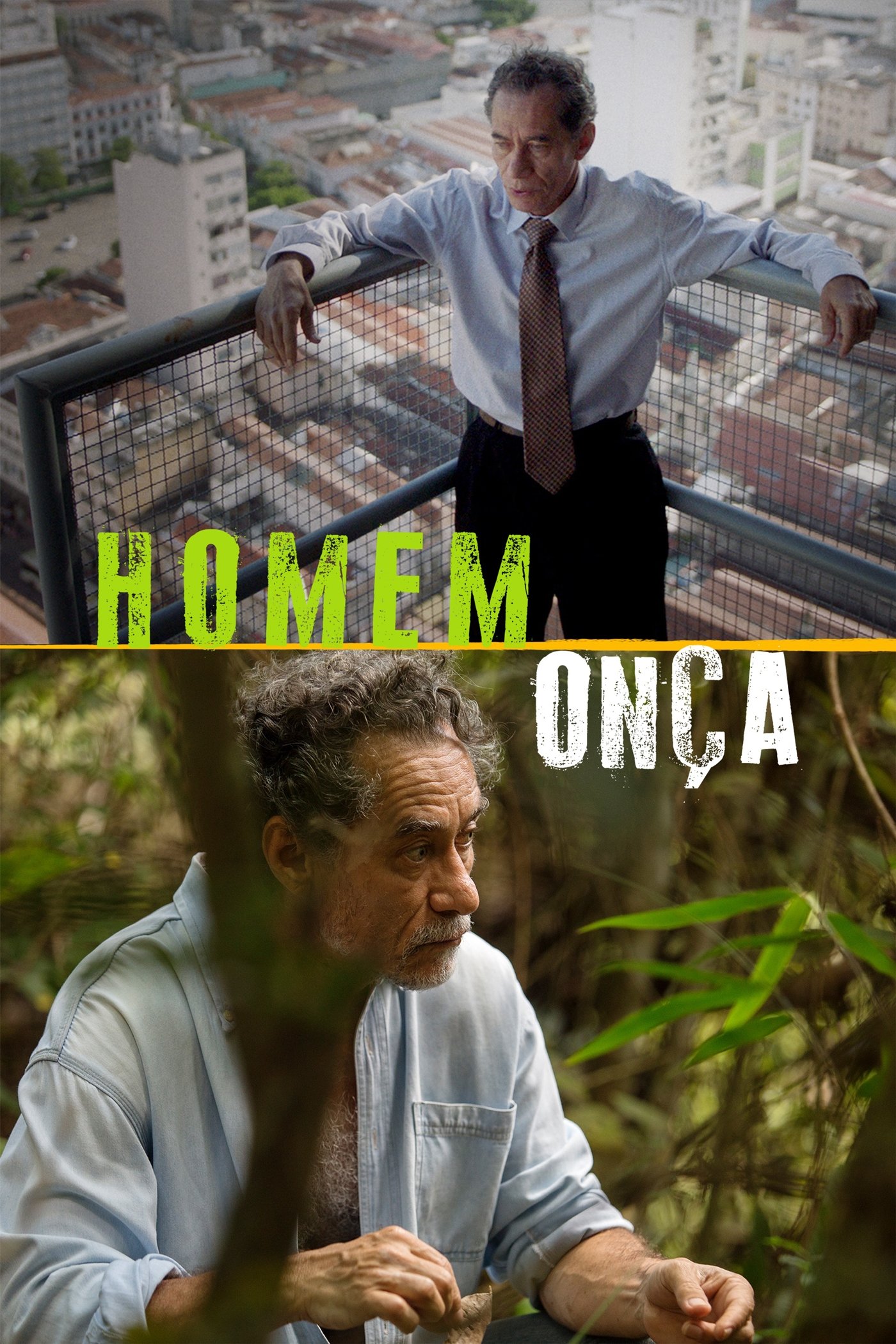
Two moments in the life of Pedro. First in 1997, he lives with his family in Rio de Janeiro and works at Gás do Brasil, a company that is undergoing a tough restructuring process, with layoffs and early retirements. Soon, privatization will come. In the second moment, two years later, Pedro lives retired in his hometown Barbosa, in the company of his childhood memories, his dog and his girlfriend. By interweaving these two moments in time, we put ourselves in Pedro's skin and experience his fears and delights.
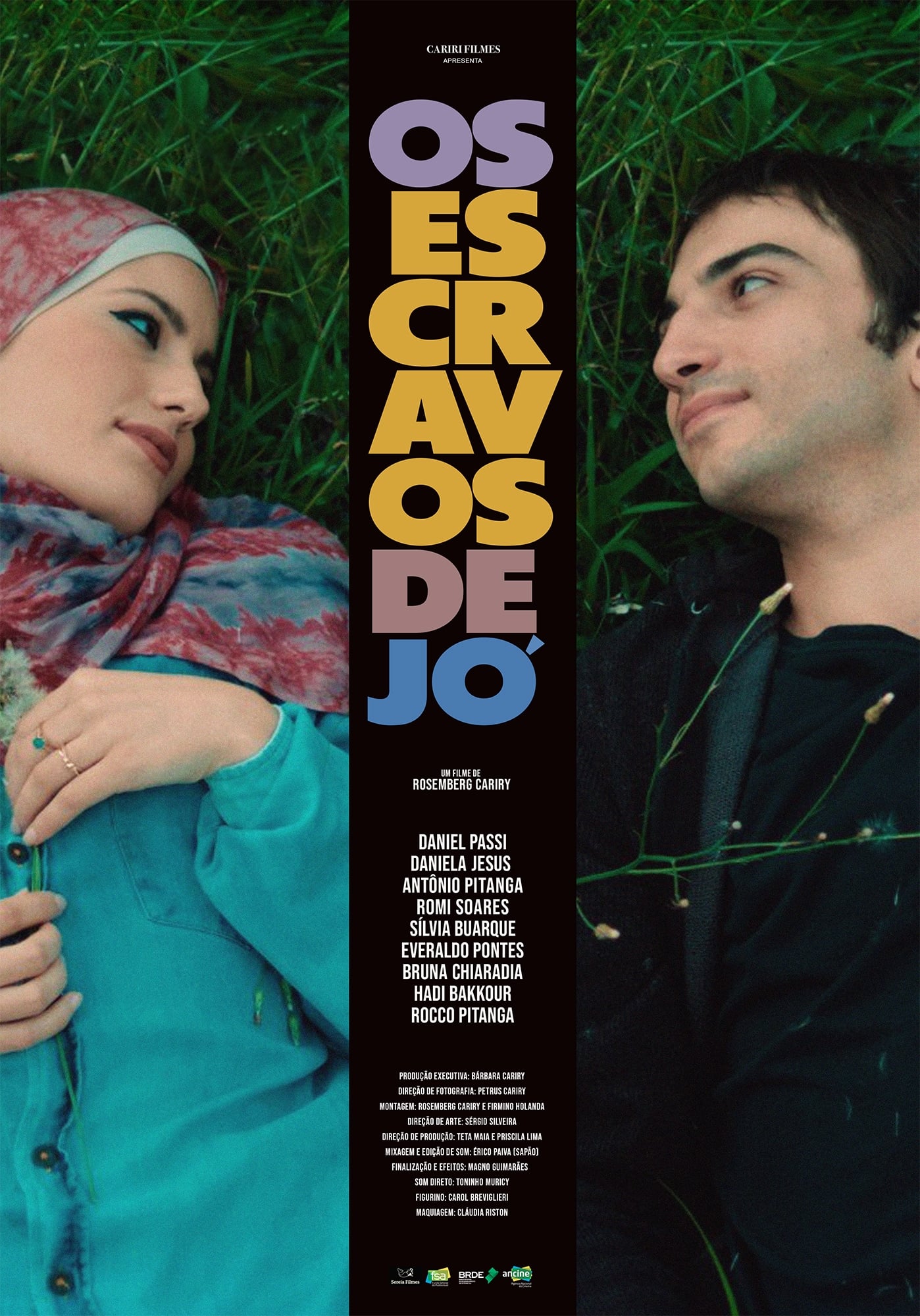

In an arid and poor region of Brazil, bikers search for a miracle to make it rain and save the land, risking their lives.
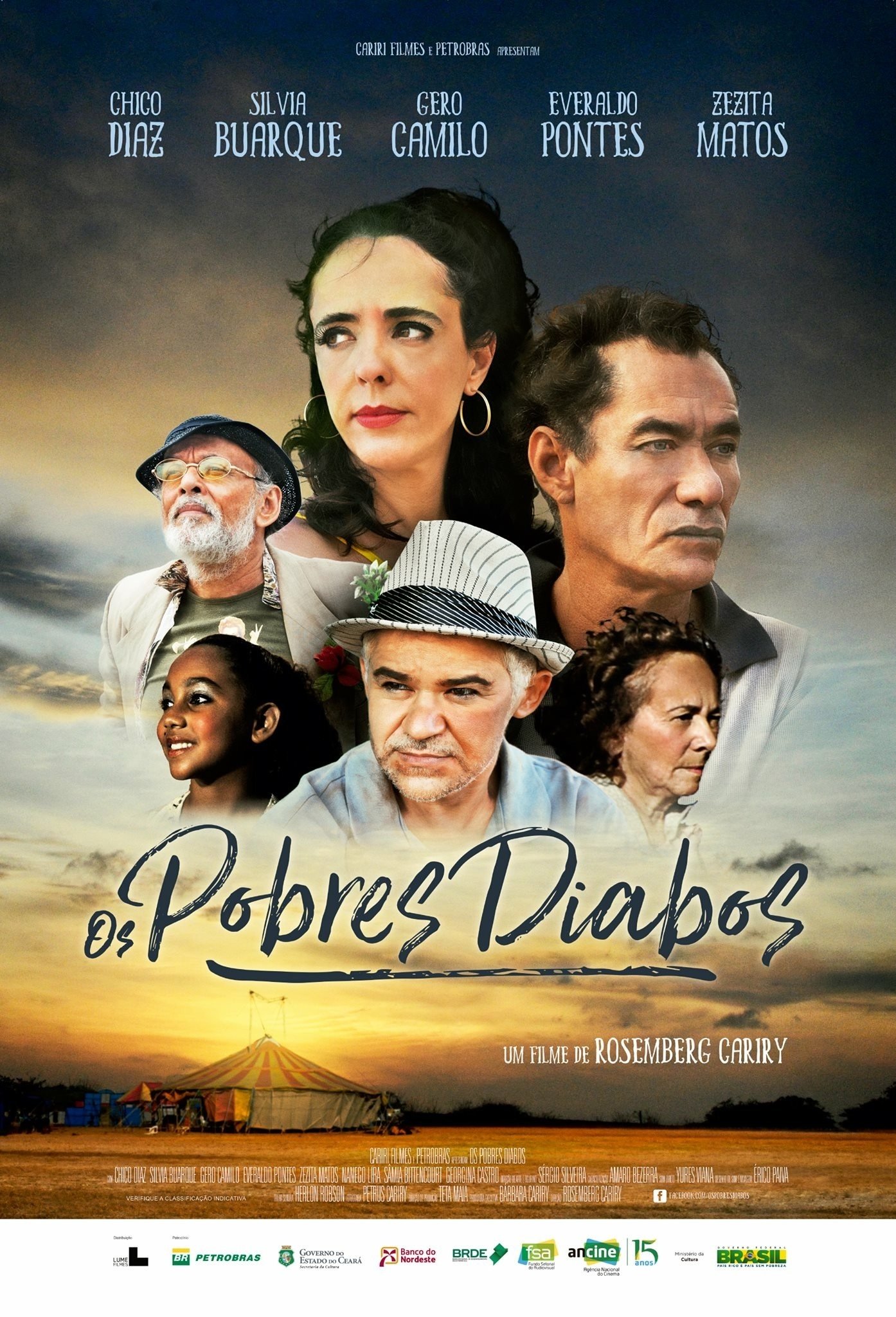
The Gran Circo Teatro Americano takes its attractions to the northeastern hinterland. In the city of Aracati, the troupe puts on a fun play about the crisis in hell. With a rochamboesque plot and inspired by string literature, the attraction shows the arrival of the bandit Lamparino to hell and how Lucifer participates in international capitalism. Meanwhile, behind the scenes, loves and tragedies move the lives of artists.
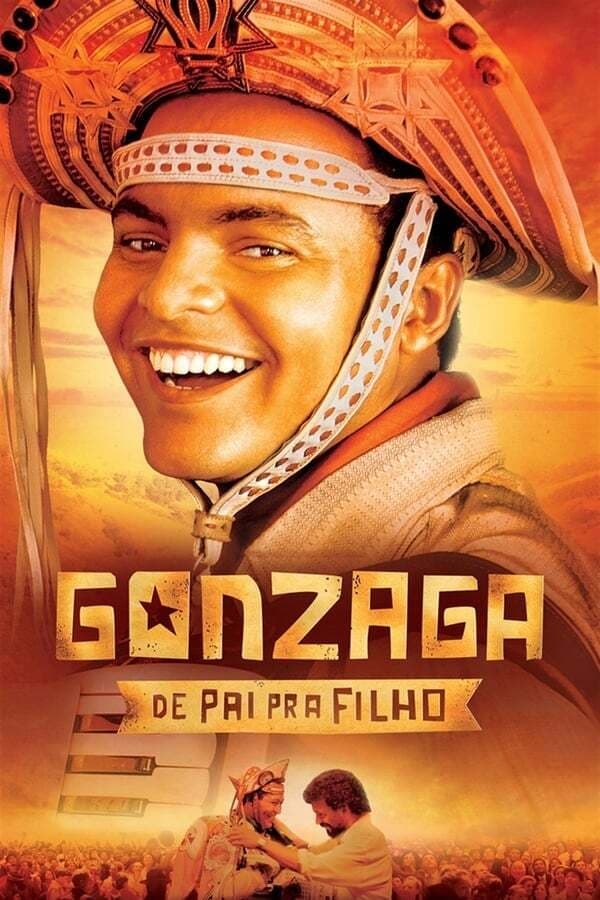

Alê Félix, a blogger, wrote a text for her blog, called “Sobre o Menino do Rio”. That was in 2006. The text is beautiful and very sensitive. Some time later, filmmaker Felipe Joffily, among links and texts he read to research the song Menino do Rio, read Alê's text and was enchanted.
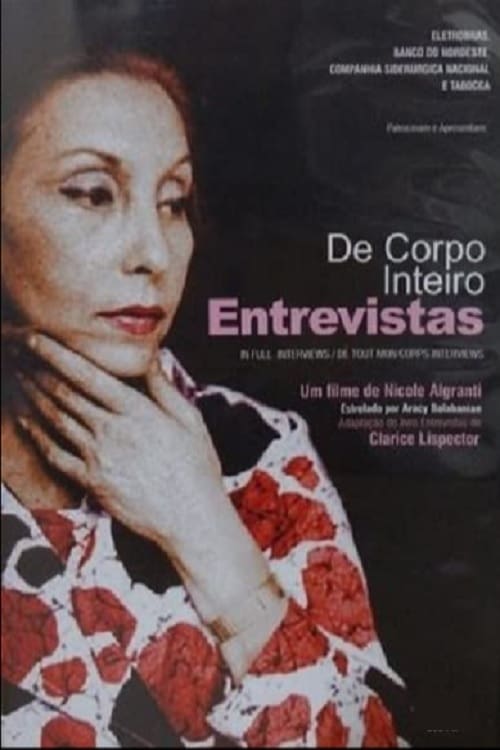
Mixed with fiction and documentary, the film relives the interviews conducted by the writer Clarice Lispector published in the magazines "Manchete" and "Fatos and Fotos" in the 1970s.
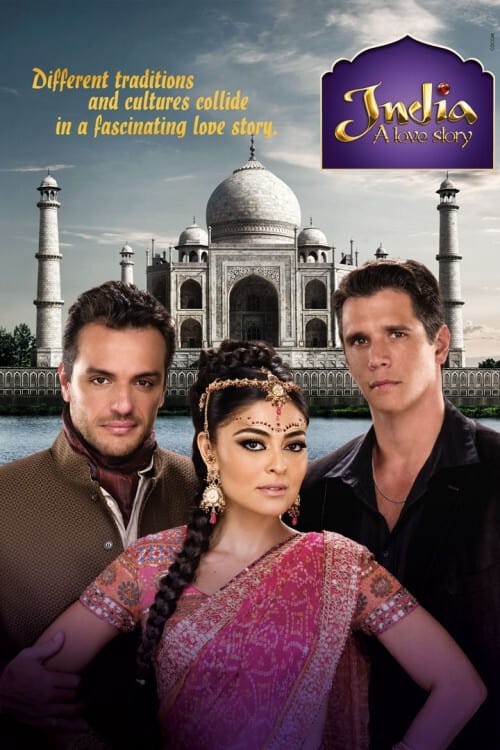
The daughter of a traditional, rich Indian family falls in love for a Dalit, and "untouchable" man.
By browsing this website, you accept our cookies policy.